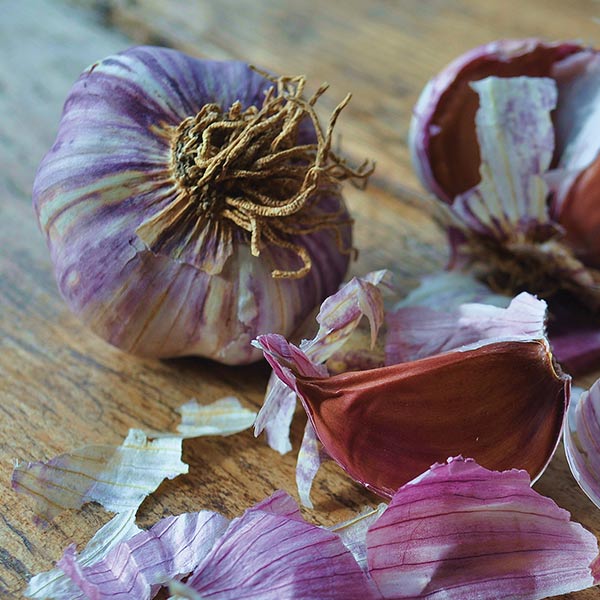Subtotal: $
Checkout-

Let Yourself Be Eaten
-

The Gift of Repentance
-

At Table
-

Poem: Rainfall
-

From Property to Community
-

Why Community Is Dangerous
-

Confessing to One Another
-

Two Millennia of Christian Community
-

Friars of Manhattan
-

American Hospitality: Jubilee Partners
-

Live Like You Give a Damn
-

The Luxury of Being Surprised
-

The Incident in Changu’s Pepper Patch
-

Two Poems
-

Editors’ Picks Issue 9
-

The Jesus Indians of Ohio
-

Three Open Wounds
-

Why I Love to Wear a Head Covering
-

Vincent van Gogh
-

All Things in Common?
-

The Sacrament of the Last Supper
-

Readers Respond Summer 2016
-

Serving Children in Pyongyang
-

Blessing out of Pain
-

Life Together: Beyond Sunday Religion and Social Activism
-

Solidarity
-

Advice from a Senior Demon

When we give up our desires to be outstanding or different, when we let go of our need to have our own special niches in life, when our main concern is to be the same and to live out this sameness in solidarity, we are then able to see each other’s unique gifts. Gathered together in common vulnerability, we discover how much we have to give each other. The Christian community is the opposite of a highly uniform group of people whose behavior has been toned down to a common denominator and whose originality has been dulled. On the contrary, the Christian community, gathered in common discipleship, is the place where individual gifts can be called forth and put into service for all. It belongs to the essence of this new togetherness that our unique talents are no longer objects of competition but elements of community, no longer qualities that divide but gifts that unite.
When we have discovered that our sense of self does not depend on our differences and that our self-esteem is based on a love much deeper than the praise that can be acquired by unusual performances, we can see our unique talents as gifts for others. Then, too, we will notice that the sharing of our gifts does not diminish our own value as persons but enhances it. In community, the particular talents of the individual members become like the little stones that form a great mosaic. The fact that a little gold, blue, or red piece is part of a splendid mosaic makes it not less but more valuable because it contributes to an image much greater than itself. Thus, our dominant feeling toward each other can shift from jealousy to gratitude. With increasing clarity, we can see the beauty in each other and call it forth so that it may become a part of our total life together.
Both sameness and uniqueness can be affirmed in community. When we unmask the illusion that a person is the difference she or he makes, we can come together on the basis of our common human brokenness and our common need for healing. Then we also can come to the marvelous realization that hidden in the ground on which we walk together are the talents that we can offer to each other. Community, as a new way of being together, leads to the discovery or rediscovery of each other’s hidden talents and makes us realize our own unique contribution to the common life.
From Called to Community: The Life Jesus Wants for His People, chapter twenty-nine.
Henri J. M. Nouwen, Donald P. McNeill, and Douglas A. Morrison, Compassion: A Reflection on the Christian Life (London: Darton, Longman and Todd, 2008), 77–78. Copyright © 1982 by Donald P. McNeill, Douglas A. Morrison, and Henri J. M. Nouwen. Used by permission of Doubleday, an imprint of Knopf Doubleday Publishing Group, a division of Penguin Random House LLC. All rights reserved.
Photograph by Devany Vickery-Davidson


Already a subscriber? Sign in
Try 3 months of unlimited access. Start your FREE TRIAL today. Cancel anytime.





































